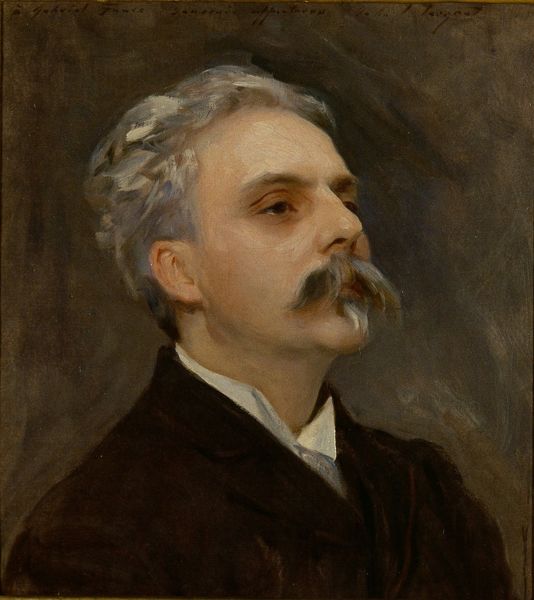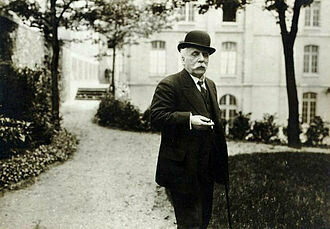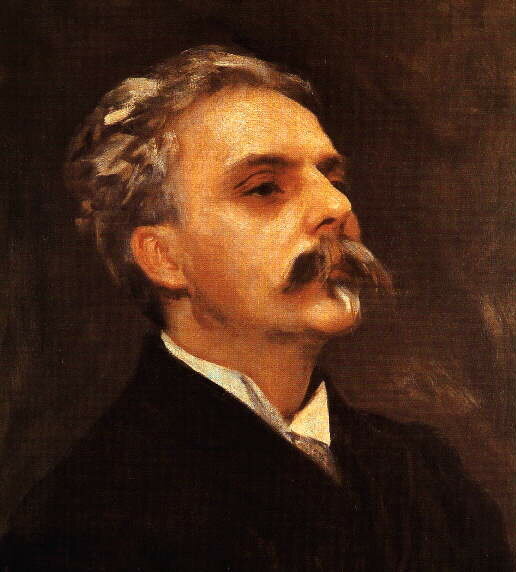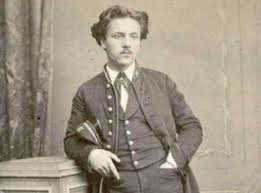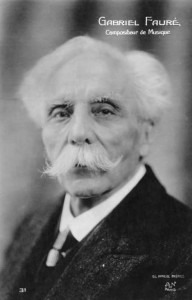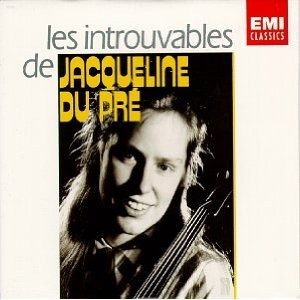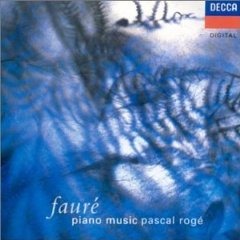French composer Gabriel Fauré (1845-1924) had his musical talent recognized early and went on to become one of the most advanced and influential composers of his time. He held a number of church position as organist, and in 1871, he
Faure
Towards the end of his life, Gabriel Fauré struggled with increasing frailty and deafness. In fact, sounds had become seriously distorted, with high and low notes “sounding painfully out of tune.” When Prince Albert I of Monaco approached Fauré in
Gabriel Fauré didn’t like giving his works revealing names. He once said that he’d rather name every work ‘Piano Piece No. …’ than commit to a name. Commercialization in the person of his publisher defeated him and so we have
“Minors of the Majors” invites you to discover compositions by the great classical composers that for one reason or another have not reached the musical mainstream. Please enjoy, and keep listening!
“Minors of the Majors” invites you to discover compositions by the great classical composers that for one reason or another have not reached the musical mainstream. Please enjoy, and keep listening!
Jacqueline du Pré, cello Elegie in C minor, Op. 24 From Les introuvables de Jacqueline du Pré, CD 4 /6 (2002) Released by EMI Classics Fauré: Elégie A beautiful piece, originally written as a sonata for Cello and Piano in
Pascal Rogé, piano Romances sans paroles (3) for piano, Op. 17: III. Andante moderato From Fauré: Piano Music (1990) Released by Polygram Records Fauré: Romances Fauré’s piano music has never been widely performed although it deserves a legitimate place in

